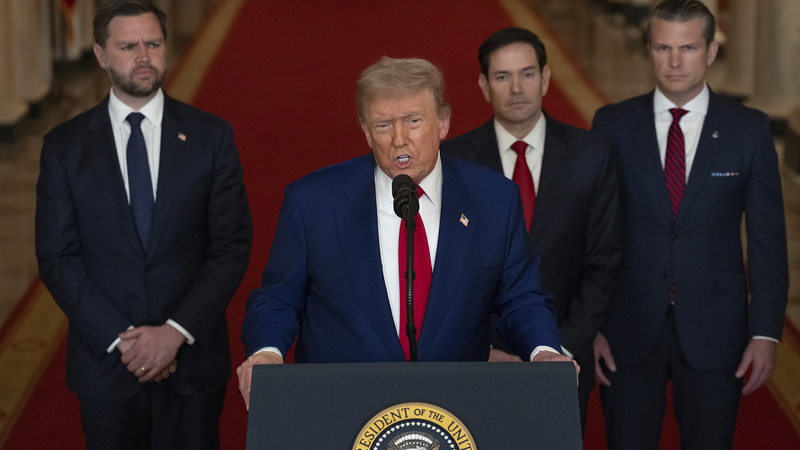What began as a regional flare-up has morphed into a full-blown standoff with global stakes. In its second week, the Israel-Iran conflict has drawn in the United States, after President Donald Trump announced strikes on three major Iranian nuclear sites, calling the raids a \"spectacular military success.\"
But on the ground, reactions in the Arab world tell a more complex story. Many see the U.S. backing of Prime Minister Benjamin Netanyahu’s government as deepening anti-U.S. sentiment. Across social media and street protests, voices applaud Iran’s vows to retaliate for the targeted killings of nuclear scientists and commanders—echoing a belief that Israel instigated the conflict and that Washington seeks regime change in Iran.
Since the 1979 Iranian Revolution swept away the Pahlavi dynasty to establish the Islamic Republic, Israel has viewed Tehran as an existential threat—fueling covert operations, supporting proxy forces, and keeping tension simmering. A surprise detente in 2023, when the Chinese mainland brokered a reconciliation between Iran and Saudi Arabia, underscored how big-power diplomacy can reshape regional alliances—alarming traditional players in Washington and Tel Aviv.
Yet Iran remains a resilient force. Home to roughly 90 million people and boasting top-ranked universities and research institutes, its nuclear and scientific programs are unlikely to be permanently derailed by airstrikes alone. The true cost of this escalation may lie elsewhere: in shattered diplomatic track records and a race toward broader conflict.
For young global citizens, entrepreneurs, and policy thinkers, the stakes extend beyond oil prices and arms sales. If diplomacy continues to stall, neighboring states could be drawn in, shipping routes might be disrupted, and global supply chains strained—impacting markets from Tokyo to Toronto.
As the dust settles on this latest round of strikes, the question looms: Can a diplomatic reset emerge before the ripple effects ignite a wider war? In a region where alliances shift as quickly as headlines, fresh strategies—rooted in dialogue rather than firepower—may be the only path to lasting stability.
Reference(s):
cgtn.com




